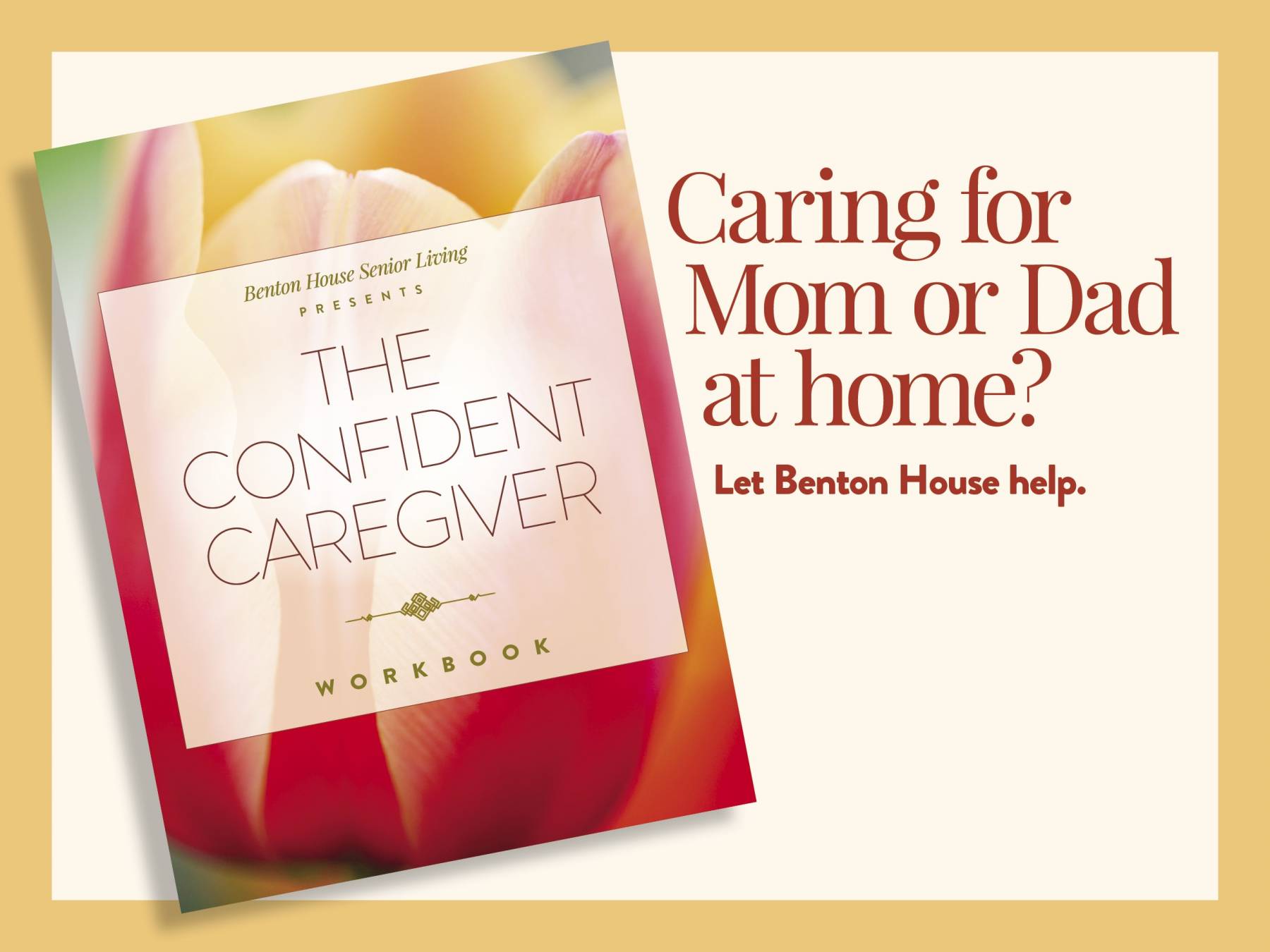Embracing the Journey Together: Understanding and Supporting Reduced Independence in Seniors
As the tapestry of life unfolds, it reveals a rich mosaic of experiences—joyous celebrations, quiet moments of reflection, and inevitable transitions. Among these, the gradual shift towards reduced independence in our senior loved ones presents a profound opportunity for growth, understanding, and deeper connection. This period, marked by its unique challenges, calls for an approach grounded in patience, empathy, and informed support to ensure that every day is imbued with dignity, comfort, and meaningful engagement.
Here’s an expanded look at how families and caregivers can navigate these changes, fostering an environment that honors the individuality and preferences of seniors while maintaining their quality of life.
Deepening Understanding and Strengthening Bonds
Fostering Open and Honest Communication
Effective communication is the cornerstone of understanding and meeting the evolving needs of seniors. Initiating regular, open-ended conversations allows seniors to express their preferences, fears, and desires, ensuring they remain active participants in their own care. The American Psychological Association emphasizes the role of active listening and empathy in communicating with seniors, which can strengthen relationships and provide reassurance during times of change.
Tailoring Daily Routines to New Realities
As independence wanes, previously simple tasks may become challenging. The National Institute on Aging offers comprehensive resources on adapting daily routines and environments to better suit the abilities of seniors, advocating for small adjustments that can significantly enhance their autonomy and sense of accomplishment. From organizing the home for safer navigation to simplifying grooming and dressing routines, these strategies prioritize the senior’s comfort and dignity.
Enriching Lives through Adapted Engagement
Cultivating Joy in Adapted Hobbies and Interests
Maintaining engagement with hobbies and interests plays a crucial role in preserving a senior’s zest for life. Whether it’s adapting gardening tools for easier handling, introducing audiobooks for those who love reading but face visual impairments, or finding accessible art classes, the AARP offers a wealth of ideas to keep seniors actively involved in their passions.
Integrating Helpful Technology and Resources
In an age where technology offers solutions for countless challenges, seniors and their caregivers can benefit from devices designed to enhance safety, communication, and independence. From simple-to-use smartphones and tablets that keep families connected to advanced medical alert systems, the NY Times Wirecutter reviews and recommends technologies that cater to the specific needs of the elderly.
Building a Supportive and Safe Environment
Prioritizing Social Connections and Community Involvement
The impact of social isolation on the health and well-being of seniors cannot be overstated. Encouraging and facilitating ongoing social interactions—whether through family visits, participation in community events, or virtual meet-ups—can significantly improve a senior’s mood and cognitive function. The Centers for Disease Control and Prevention (CDC) discusses strategies for keeping seniors engaged with their communities, highlighting the importance of regular social contact for mental and physical health.
Ensuring a Safe, Comfortable, and Familiar Living Space
Modifying the living environment to meet the changing needs of seniors is essential for their safety and well-being. The National Council on Aging provides guidelines for conducting home safety assessments and making necessary adjustments, such as securing rugs, improving lighting, and installing grab bars in key areas. These modifications not only prevent accidents but also support seniors in maintaining as much independence as possible.
Journeying Forward with Compassion and Care
Embracing the changes that come with reduced independence in seniors requires a blend of knowledge, creativity, and heartfelt compassion. By engaging in open dialogue, adapting to new routines, leveraging supportive technologies, and ensuring a safe and inclusive environment, families can navigate this transition with grace and positivity.
For those seeking additional guidance, support networks, and resources, organizations like The Alzheimer’s Association provide invaluable information and community connections for navigating cognitive changes and other challenges associated with aging.
Together, we can transform the journey of reduced independence into an opportunity for deeper connection, shared learning, and mutual respect, ensuring that our senior loved ones feel valued, understood, and cherished at every step.
Next Steps
You can always get compassionate, tailored support from us in one of these three easy ways — all completely free.
Visit our support page to request your complimentary Caregiver Workbook.
Call our Caregiver Hotline for free custom support at 855-461-2552. All questions welcome.
Send us a message describing how we can support you. Choose whether you’d like us to reach out: text, email, or snail mail.
There is no charge for these services. They’re simply an extension of our mission to help every family who calls.



